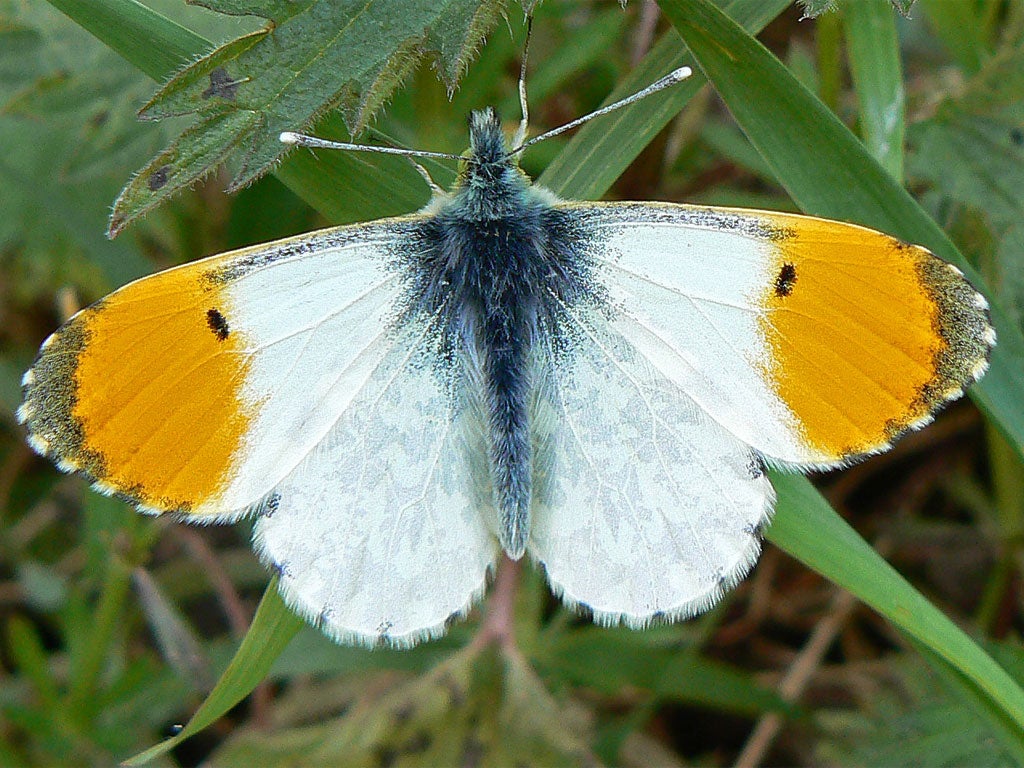Nature Studies by Michael McCarthy: Prepare to be amazed - spring is nearly sprung

When exactly is spring? Using the ancient, astronomical calendar you can say it begins at the vernal equinox, the moment when day and night are of equal length (as the tilt of the earth's axis is inclined neither towards the sun nor away from it). That occurs in March, usually on the 20th of the month; spring can then be said to run until the summer solstice, the longest day of the year, usually on 21 June.
The meteorological calendar is less fussy. The Met Office will tell you that for its recording purposes, spring is just March, April and May, like winter is December, January and February beforehand, and summer is June, July and August afterwards. That certainly has the virtues of simplicity and comprehensibility, but I wonder if it is any closer than the astronomical version is, to the true heart of the springtime.
For I wrote here a few weeks ago that four is not really a sufficient number for seasons, with mid-March, for example, being neither spring proper nor late winter, but something in between. And the spring's true heart similarly does not fit with the two traditional versions of the season demarcated above. As far as I am concerned, spring in southern England, where I live, begins this Sunday, 15 April.
This is the date when conventionally, the cuckoo could first be heard in the Thames valley, and it also works, more or less, for first hearing a nightingale (if you're in the right place) and first seeing a swallow. This avian trio, all of them migrating here to breed from wintering grounds in central, west and southern Africa respectively, are the supreme markers, by their arrival, of the springtime in Europe: all three of them are symbols of its advent in the folklore of every country of the continent.
And what begins with their arrival is a period of six weeks, let's say until about 1 June, when the natural world is at its most intensely alive. This is the time when birds are mating, which means they are loudly singing (to attract mates and defend their territory); and then nesting, which means they are hunting in overdrive, to provide food for their chicks. It is the time when flowers bloom so that their colours can attract insects to pollinate them, and the time when insects emerge to mate in their turn. There is new life, birth and growth; there's just frenetic activity everywhere, so that more wildlife is more visible in a world that is more beautiful than at any other moment.
And it's not just the presence of wildlife in these six weeks; it's the sudden reappearances of warblers and orchids and butterflies, the continuing pleasure of spotting the first this and the first that of the year. That's what seasonality gives us, in the temperate zone (as opposed to the tropics, where things are present all year round). Some of the early swallows might be here now, but the first swifts won't arrive till the first week of May, and the first nightjars and spotted flycatchers won't be here till mid-May or even the end of the month (because they feed on big flying insects, and delay their arrival until the weather is warm enough to be sure that big insects are flying).
Similarly with butterflies: the first orange tips are out now, dazzlingly handsome, to be followed by the first green hairstreaks and the first small coppers and then the first of the fritillaries, the pearl-bordered; similarly with wild flowers, the bluebells giving way to the first early purple orchids, and then the first cowslips, and then the first white starbursts of wild garlic.
It goes on and on, this brilliantly-coloured, fantastic procession of new life, until the cuckoos stop calling and the nightingales stop singing in early June; it's the spring proper, the best six weeks of the whole year, and (as far as I'm concerned) it starts on Sunday.
Join our commenting forum
Join thought-provoking conversations, follow other Independent readers and see their replies
Comments
Bookmark popover
Removed from bookmarks